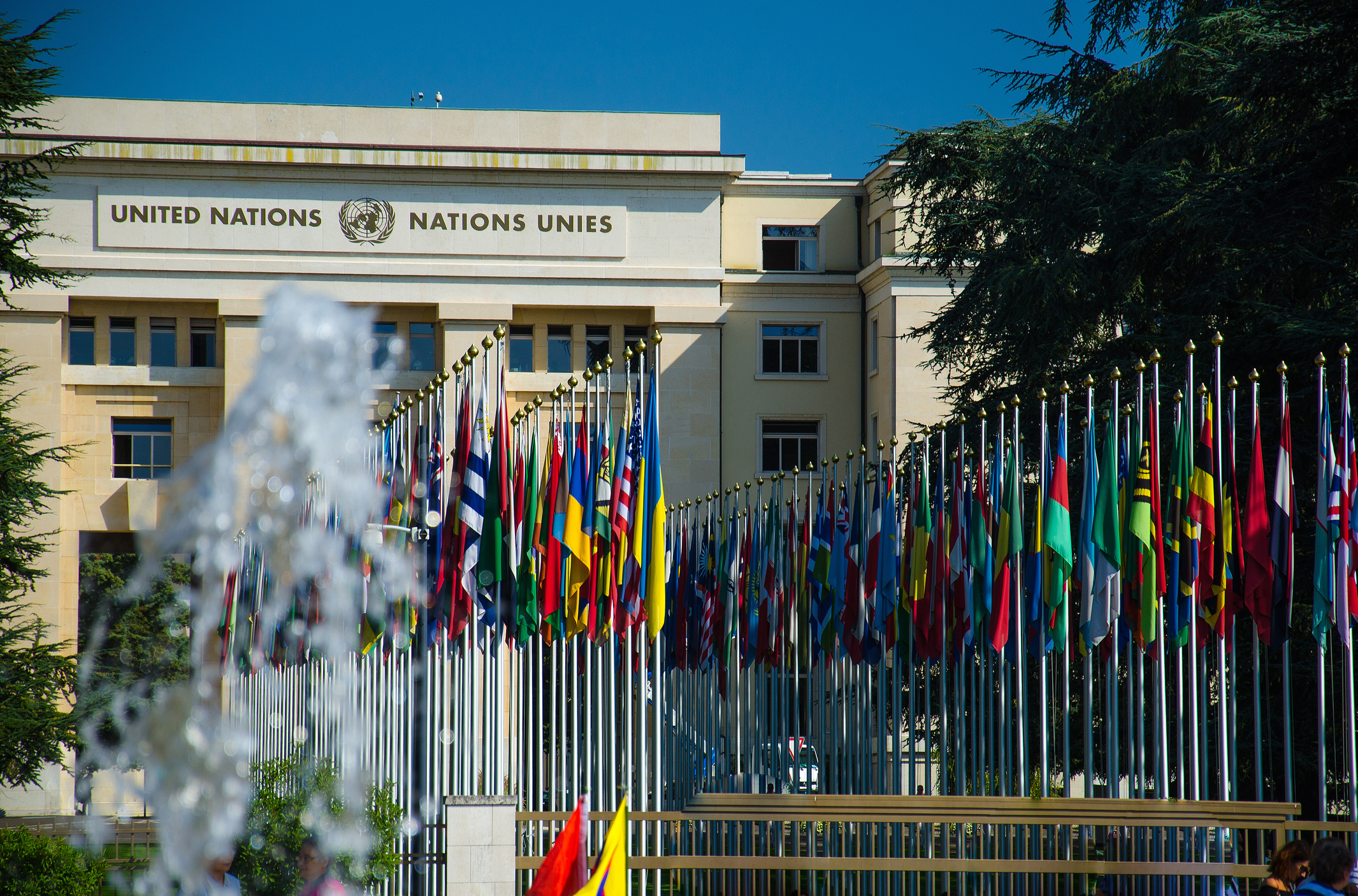Global Plastic Pollution Treaty Talks End Without Consensus in Geneva

Ten days of intensive negotiations on a global treaty to tackle plastic pollution have ended without agreement, leaving diplomats, ministers, and civil society groups urging continued dialogue despite major differences among nations.
More than 2,600 participants — including delegates from 183 countries, high-level ministers, and observers from over 400 organizations — gathered at the Palais des Nations in Geneva for the resumed fifth session of the Intergovernmental Negotiating Committee (INC-5.2). The talks, which concluded on August 15, were intended to produce a draft text of a legally binding instrument to curb plastic pollution across its life cycle.
Negotiations were based on draft texts carried over from the previous session in Busan, with discussions covering contentious areas such as limits on plastic production, the regulation of hazardous chemicals, financial mechanisms, and compliance measures. Despite structured deliberations through contact groups and informal consultations, members failed to bridge divides.
“While we did not land the treaty text we hoped for,” said Inger Andersen, Executive Director of the UN Environment Programme (UNEP). “We at UNEP will continue the work against plastic pollution – pollution that is in our groundwater, in our soil, in our rivers, in our oceans and yes, in our bodies.”
INC Chair Ambassador Luis Vayas Valdivieso acknowledged the disappointment but emphasized determination: “Failing to reach the goal we set for ourselves may bring sadness, even frustration. Yet it should not lead to discouragement. On the contrary, it should spur us to regain our energy, renew our commitments, and unite our aspirations.”
Civil society groups played a visible role during the Geneva session, with Indigenous Peoples, youth advocates, waste pickers, and scientists staging protests, artistic demonstrations, and briefings to demand an ambitious treaty.
According to Jyoti Mathur-Filipp, Executive Secretary of the INC Secretariat, the outcome underscores both the scale of the challenge and the shared commitment to continue: “Progress must now be our obligation.”
The stalled negotiations highlight deep divisions between countries advocating for binding production limits and those preferring voluntary measures or focusing on waste management. Analysts warn that without consensus, the plastic crisis will escalate: the OECD projects that global plastics use could nearly triple by 2060, with plastic waste also set to almost triple — about half destined for landfills and less than one-fifth recycled.
Experts warn that failure to secure an ambitious treaty could undermine global climate goals, as plastic production is a significant driver of fossil fuel demand. Conversely, a binding treaty could reshape global supply chains, accelerate investment in alternative materials, and push industries toward circular economy models.
For now, negotiators leave Geneva without a draft agreement — but with renewed pressure to find common ground before plastic pollution reaches irreversible levels.
Source: UNEP






